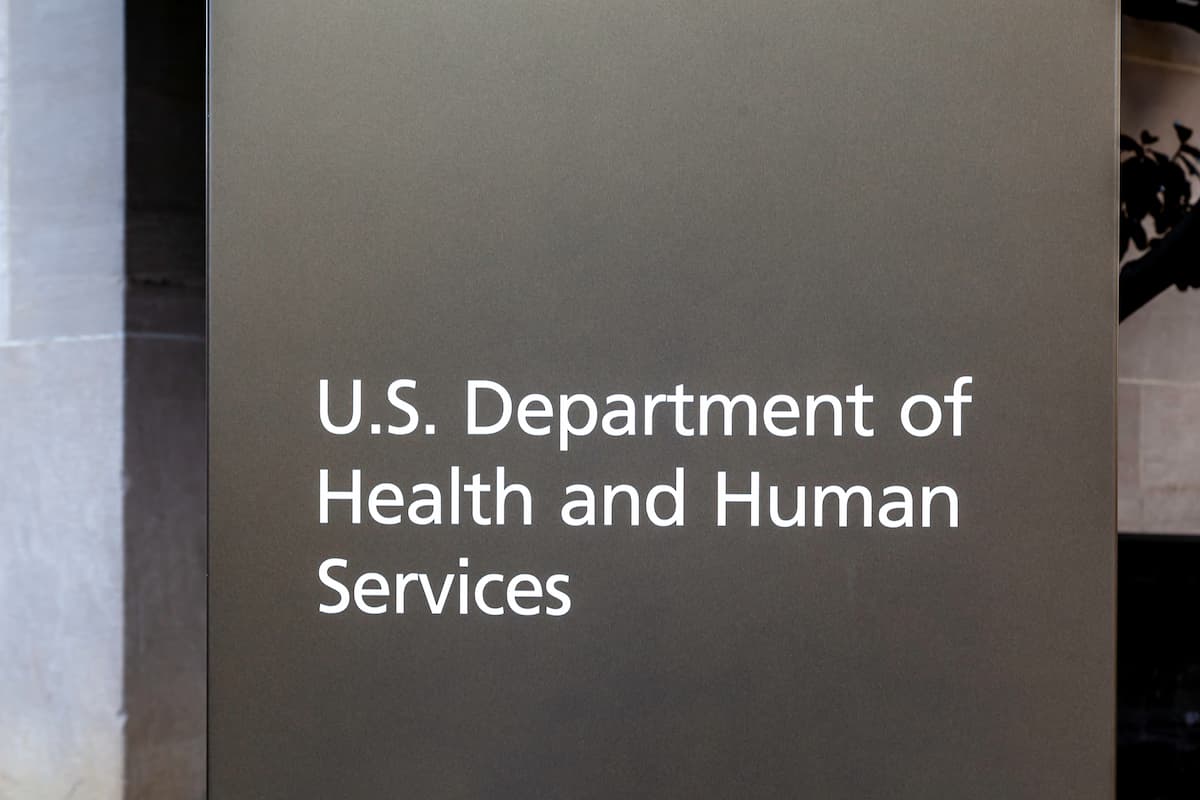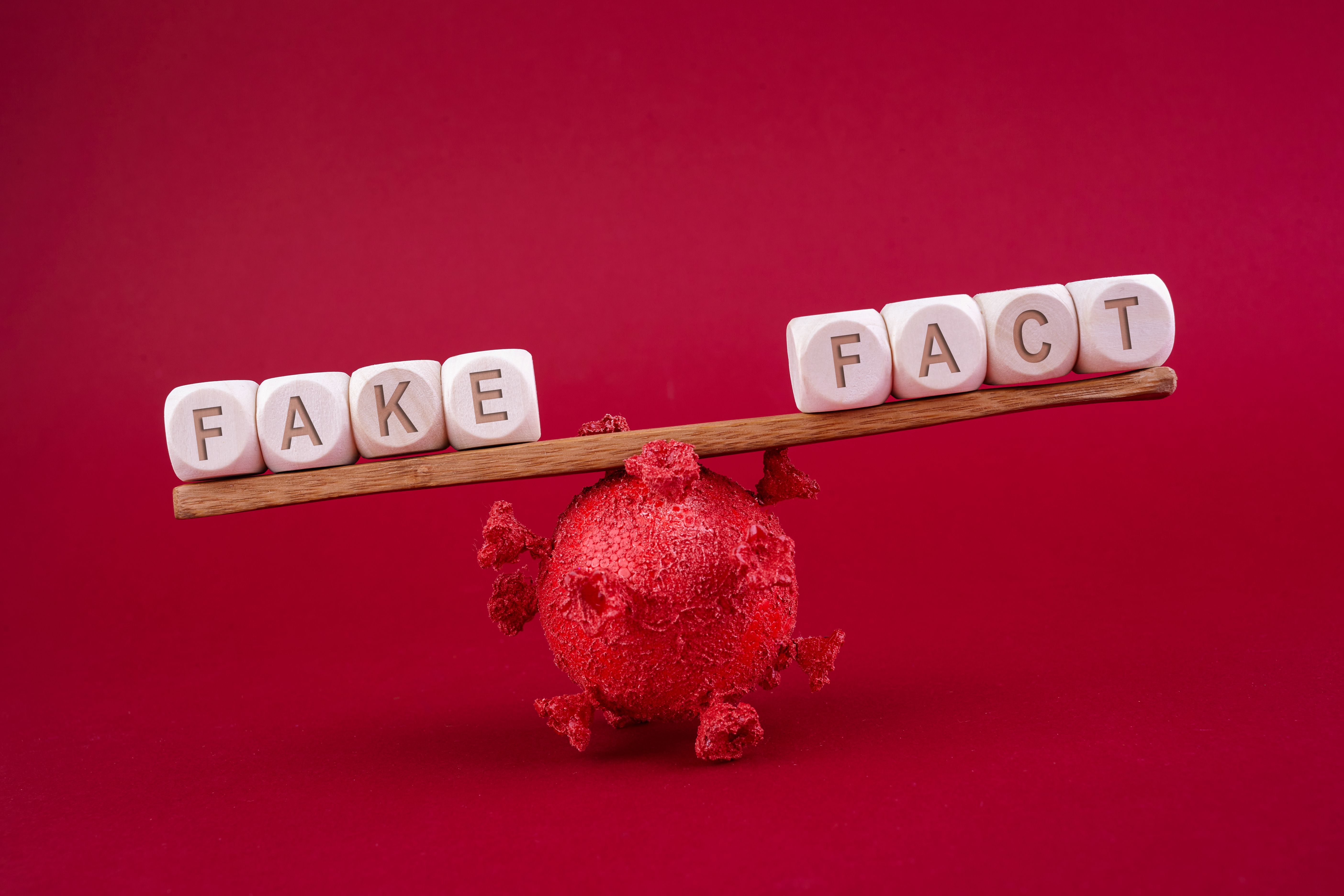
Article
Chemist Remains Optimistic About Success of Antiviral in Treating COVID-19
Author(s):
Key Takeaways
- Remdesivir, initially for Ebola, was identified as a potential COVID-19 treatment by the Liu group at Texas A&M University.
- Large-scale clinical trials of remdesivir have been conducted globally, showing early success in treating COVID-19 patients.
- Liu warns against relying solely on remdesivir due to multiple COVID-19 strains and potential drug resistance.
- The scientific community is urged to develop alternative treatments as the virus evolves and new strains emerge.
The antiviral drug remdesivir was originally developed as a treatment for Ebola in 2014, but upon the surge of COVID-19, its use was investigated in treating COVID-19.
The Liu group at Texas A&M University, led by chemist Wenshe Ray Liu, PhD, identified the antiviral drug remdesivir as a viable treatment for coronavirus disease 2019 (COVID-19) in January.1 Remdesivir was originally developed as a treatment for Ebola in 2014, but upon the surge of COVID-19 in Wuhan, China, before the virus spread throughout the rest of the world, the Liu group investigated its use in treating COVID-19.1
“The motivation that drove us was the rush against time to find alternative medicines that might be put in use to fight against the virus when it spread to the United States,” Liu said in an article in Texas A&M Today.2
Following the Liu group’s research, remdesivir has been tested in at least 5 large-scale clinical trials around the world and has been delivered to some patients, including the first confirmed COVID-19 patient in the United States on January 21 in Washington state.2 After treatment with remdesivir, that patient successfully recovered.2
Although Liu remains convinced that remdesivir is the right drug to treat COVID-19, he explained in the interview that due to the reports of multiple strains of COVID-19, success in treating the coronavirus should not be viewed as following a single approach.2
Despite his caution, Liu explained further, “Remdesivir is still the best and probably the only option to target the virus directly in patients.”2
With the clinical trial studying remdesivir in the United States set to finish this week, Liu remains optimistic that the results of the study will prove the treatment’s efficacy.2 However, he also acknowledges that in the wide-scale use of any virus treatment, drug-resistant virus strains are likely to develop.2 This may be especially true for COVID-19, since multiple strains of the coronavirus have been reported to exist already.2
“The infectivity of the original strain shown in Wuhan was not as high as what we have observed for the current strain in the United States,” he said in the interview, adding that, “At this stage, the scientific community needs to prepare for the worst and work to bring other treatment options to the forefront.”2
References
- Morse JS, Lalonde T, Xu S, Liu WR. Learning from the Past: Possible Urgent Prevention and Treatment Options for Severe Acute Respiratory Infections Caused by 2019‐nCoV. ChemBioChem. 2020;21(5):730. doi: 10.1002/cbic.202000047.
- Hutchins, SK. Texas A&M Chemists Working on Drugs to Treat COVID-19. Texas A&M Today. 2020. today.tamu.edu/2020/04/02/texas-am-chemists-working-on-drugs-to-treat-covid-19/. Accessed April 8, 2020.
- Chemists working on drugs to treat COVID-19 [news release]. ScienceDaily; April 6, 2020. sciencedaily.com/releases/2020/04/200406190509.htm. Accessed April 8, 2020.
Newsletter
Stay informed on drug updates, treatment guidelines, and pharmacy practice trends—subscribe to Pharmacy Times for weekly clinical insights.
2 Commerce Drive
Cranbury, NJ 08512
All rights reserved.




